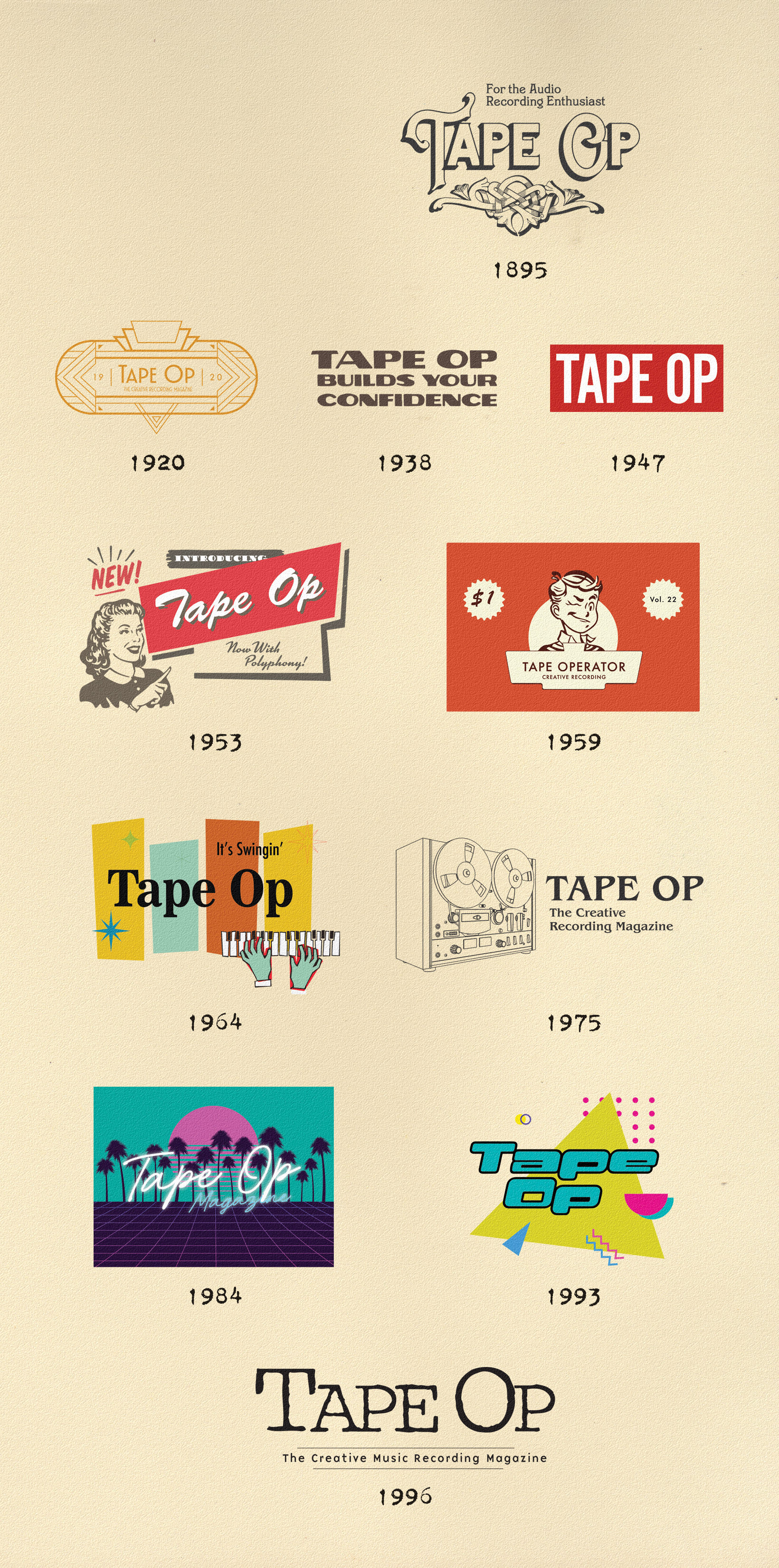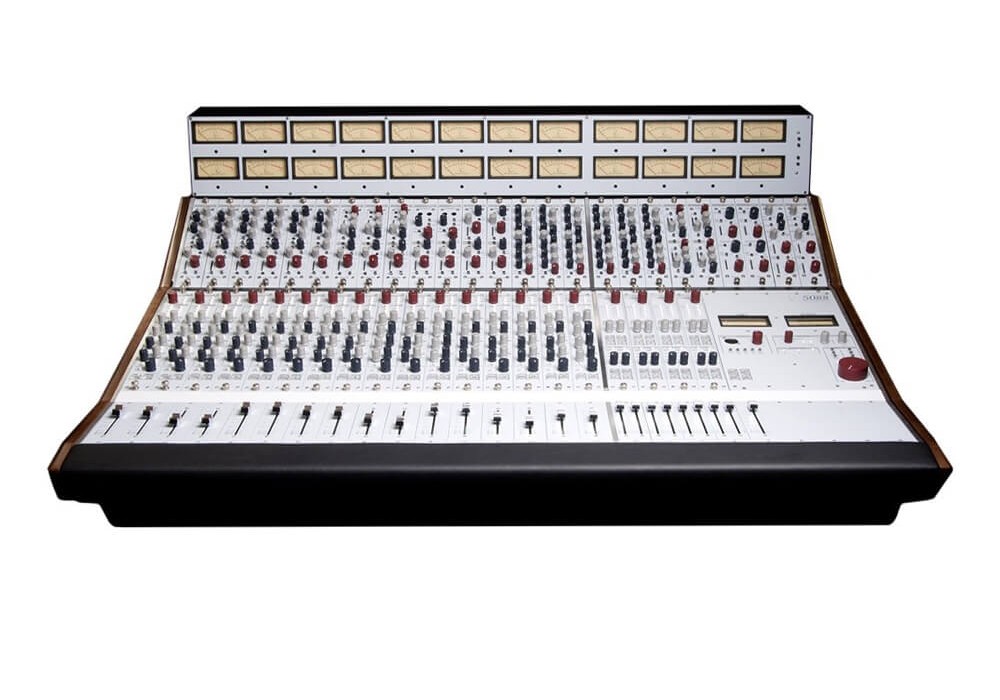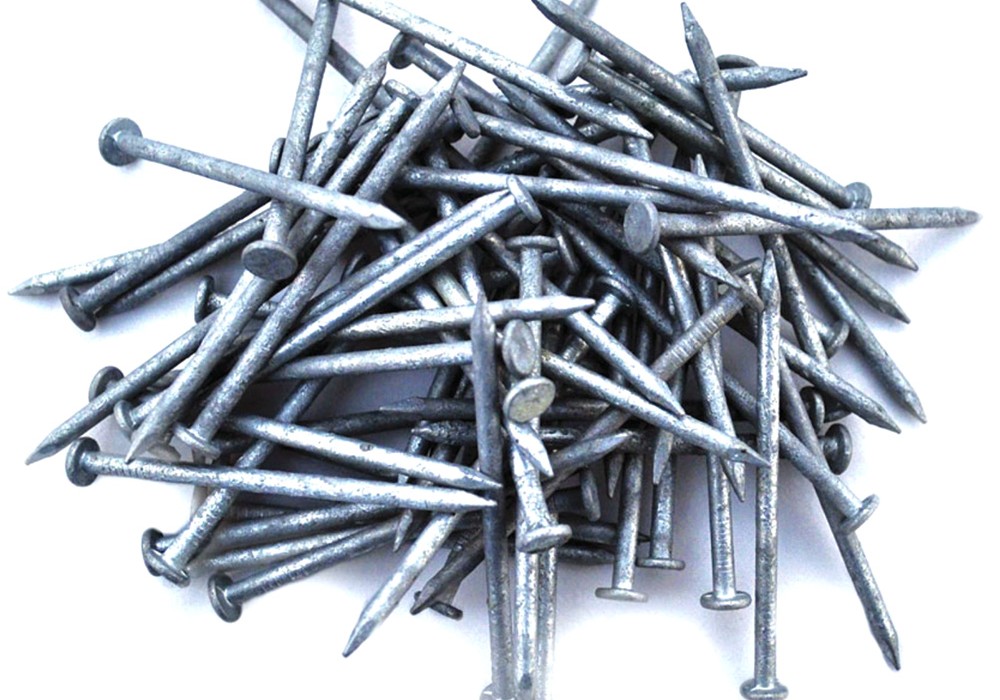Below is a Guest Post from Jim Janik:
Album Credits Are Just As Important As the Money We Make (maybe more so)
by: Jim Janik
Have you ever googled yourself? I have. In fact, I have to. Like many freelancers in the music industry, it's just one of the many things I have to do in order to stay current in this business. I've seen articles about this in non-music business periodicals, and their answer was that googling yourself makes you a narcissist. And I must admit, I do get a kick out of seeing my name attached to projects that I've worked on! But a narcissist? I disagree. Actually, googling yourself is a required step to assemble the ammunition needed for self promotion. If there is an album credit with your name, you'll find it on google. If an artist who you worked with mentioned you in an interview, you'll find it on google. When you re-broadcast those self-references on your personal or business website, on your blog, or on your social networking sites, (or even just forward a link to them in an email) you are proactively building your career. And it gives you street cred...some actual "proof" that you indeed worked on the projects that you are claiming to have worked on. So, yes, from time to time, I google myself. I'm not ashamed of it.
Recently, I've been taking a bit of time off from the crazy music business to give some much needed emotional support to my family. So, when I googled myself a few weeks ago, I wasn't expecting to find any new information (I hadn't done any new projects in a while). Occasionally, some of my past work shows up on some new compilation album. But again, my contributions to those projects are already out there for folks to see, in their original form. So, no new information there. Recently, however, I was very happily surprised when I saw a new "Greatest Hits" compilation with my name on it, along with some NEW information. I was now listed as "mixer" of a song that I HAD actually mixed, but at the time the credit was mistakenly given to someone else on the original album and single.
The backstory: About 10 years ago, I had recorded, edited and mixed a song on the major label début of a (then) new artist. This was a big deal for me. The producer decided to have 3 separate mixes done for this song, by 3 mixers (myself included), and then decide which mix would be released. I was excited, the record label had already chosen this song to be released as a single (the first single of the album, if I remember correctly). The 3 mixes were completed, and I received word a few days later that the label had chosen MY MIX as the one to be released!! Great news for me! And potentially, a huge positive impact on my career.
Some weeks later, I was very disappointed to find out that while I did receive some other additional credits on that song, my name was NOT credited as "mixer" on the album or the single!! The mix credit went to one of the other two mixers. Not cool. I had previously been told by several higher-ups at the record label that indeed it was my mix of that song on the album and on the single. I was told by the label that someone from the label had called the studio to confirm some of the credits. The studio wasn't aware that the song actually had 3 separate mixes, or of which mix the label had chosen. So, they gave the label the first name that they found. It wasn't my name. The record label promised me that the album artwork, and therefore the credits, could be revised if the album was successful, and warranted a second printing. That album was successful (VERY successful), but revisions were never made. Until now, 10 years later on this "greatest hits" compilation. I wish I could say that was the one and only time that has happened to me, but it isn't. It has happened before, and it has happened since. It also seems to have happened much too regularly to most of my friends who are engineers or mixers. Both on smaller indy releases, and on some major artists releases. Everyone who has been doing this type of work for a while seems to have a similar story. For me personally, this is the only time I am aware of that a credit was "fixed".
How does this happen so often? There are any one of many possible factors (exploring them all here would make for a medium-sized book), but basically, it comes down to simple human nature: "Who has the "conch"? (read "Lord of the Flies"... ) In a nutshell, the person with the most juice on the project makes the final decisions about WHO will get a printed credit. On big projects, with dozens of people doing all sorts of work, it gets chaotic: Too many details to keep track of; Things fall through the cracks; Staffer's work records are misplaced or forgotten, either genuinely or on purpose. You name it, the list goes on and on... This has also been a (well documented) challenge for other entertainment industries, most notably, the movie business (see: "Billing (filmmaking) on Wikipedia.org) . For years, only a few key players got a credit on the films they worked on, and it was all decided by a handful of the most powerful players in Hollywood. Little by little, individuals and unions changed all that by negotiating the "right" to get their proper credits into their work contracts with the movie studios. According to my research, in the movie industry, full and proper credits increased exponentially for all the "behind-the-scenes" staff during the late 60's and early 70's (and some guilds and unions were able to negotiate this point much earlier on, in the 40's). Which is why you see 5 minutes or more of credits at the end of every film starting from that time period, and only a handful of names for older films. Individual unions argued that everyone involved should receive a credit (not just the big movie stars, directors and producers) for 2 main reasons: 1. To help them build their resumé and get future gigs; and 2. To give these creative people a way to put their signature on a work of art that they helped to create. One interesting note: Superstar film director/producer George Lucas was fined $250,000 by the D.G.A. (his director's guild) for not putting any credits at the beginning of the 1980 classic "Star Wars" sequel, "The Empire Strikes Back" (All the credits are at the end of the film, however. The DGA contract specified that certain credits were to be at the beginning.) I wonder how we from the music industry could ever implement such a thing?
Credits are über-imortant to our careers. The only way you can come close to guaranteeing that you will get your "props" is to have it in writing. A signed contract. You can't just trust that folks will do the "right" thing. And you can't simply trust that because you received a paycheck, and you're in the "computer system", that your name will make it's way to the printed credits. Of course, having a contract should probably mean hiring a lawyer to draw one up. This is a challenge if you are in the early or middle stages of your career. Lawyers cost money, who can afford THAT? But consider the flip-side: What will it cost you to have worked on a project and NOT get the proper credit for it? Another challenge is if you DO have a contract drawn up, how do you go about getting it signed? Much of our business is done with a smile and a handshake (and usually in a hurry). And most people are weary of contracts, especially if they are brought up out-of-the-blue. Folks don't want to sign something without having a lawyer look it over. That takes time and money. And many of us would be shy about bringing up even the idea of a contract, for fear of pissing off our client, and losing the gig. If you've already done some "serious" projects, but never previously presented a contract for your client to sign, how do you even go about figuring out WHO exactly to present it to? And HOW exactly do you get the conversation started? There is a legitimate fear that bringing up such things in the wrong way could kill the offer, and cancel your part in the project. In my story above, I got the call to mix the song just a few hours before the mix session. At that time, I had already been around the block a bit, work-wise. I had worked on many big projects, but I had never done a contract before. In fact, it never even occurred to me to have one. "How could credits get screwed up with such a big business machine in place, and all these experienced professionals handling it?" I thought. In retrospect, I SHOULD have contacted a lawyer before stepping into that control room.
A famous mixer friend of mine once told me "If you want to be successful, you have to have a "hit"". Each project you work on leads to the next one, and hopefully (eventually) to that elusive "hit", that certain project that will put you on the map. Every new credit opens doors to a new set of artists, producers and musicians (all potentially new clients), putting you smack-dab in the middle of their radar screen. In the interest of full disclosure, I did get paid for my work on that project. And my dad (car mechanic) would tell you that THAT is the best you can expect. Getting paid is necessary, but it's not possible to sustain a healthy living in this business while being invisible. Without the credits, you're like a stealth airplane. Nearly invisible. Believe me, you WANT to be the biggest, brightest glowing dot on that radar screen!
There are a lot recordings out there. Many of them are great, some of them become well known, some critically acclaimed, and some solely commercial successes. A handful go beyond that, they join the ranks of "classic recordings" that everyone knows, loves, and which become a "must-have" on every iPod. At the time you're working on a project, you never know WHICH of those paths that project will take once it's released. But regardless of what happens with the project, whatever your contribution was to the project, your name should be on the project's credits (and spelled correctly!). Take the necessary steps to make sure that it is. Get it in writing. Credits are important, just as important as (or maybe more important than), whatever money we make for doing the gig.






